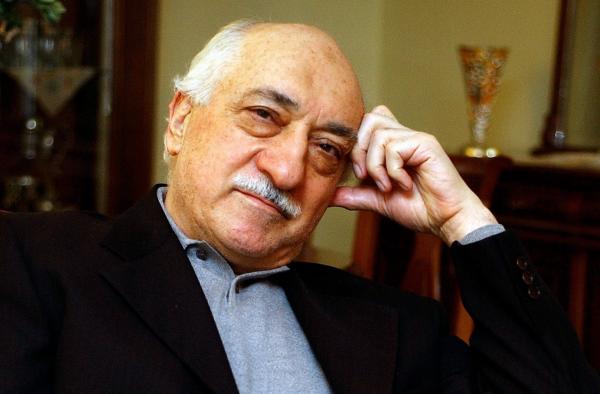Turkey’s abortive coup was financed by the CIA and directed by a retired U.S. army general using a cell in Afghanistan, said one Turkish pro-government newspaper.
CIA agents used an island hotel off Istanbul as a nerve center for the plot, said another.
Turks are mixing out conspiracy theories about who helped orchestrate the abortive military coup that nearly toppled President Tayyip Erdogan, with the United States – a close NATO ally but a traditional object of suspicion – being on top of the list.
“The coup was directed by this man,” said a front-page headline in the pro-government Yeni Safak newspaper, alongside a photo of retired U.S. Army General John F. Campbell, the last commander of NATO-led forces in Afghanistan and before that the 34th vice chief of staff of the U.S. Army.
It said the failed coup had been financed by the CIA via Nigeria’s United Bank for Africa, and that two Afghan-based Turkish generals detained in Dubai on Tuesday were part of Campbell’s cell of plotters.
UBA on Wednesday denied involvement and said the accusations were “clearly false”. Campbell told the Wall Street Journal that the allegations were “absolutely ridiculous” and Washington has dismissed claims of U.S. involvement as absurd.
Erdogan has blamed U.S.-based cleric Fethullah Gulen for overseeing the attempted coup, which killed more than 240 people as rogue soldiers commandeered fighter jets, helicopters and tanks, and has called on Washington to extradite him.
Erdogan accuses Gulen of building a “parallel structure” in the judiciary, education system, media and military in a bid to overthrow him, a charge the 75-year-old cleric denies. A poll on Tuesday showed two thirds of Turks believe Gulen was behind the coup plot, though only 3.8 percent blamed the United States.
Prime Minister Binali Yildirim has said any country that stands by the cleric would be considered at war with Turkey. Labour Minister Suleyman Soylu said a day after the coup bid that it was clear “America is behind it”, though Erdogan’s spokesman later said he had spoken “in the heat of the moment”.
Washington has said it will only extradite Gulen if Turkey provides evidence of wrongdoing.
For Erdogan’s fervent supporters, such apparent reluctance is further evidence of U.S. complicity.
“I know that the United States has a finger in this. I know that this is a play put on by the United States, Israel and the United Kingdom,” said Ahmet Demirci, among the dozens of people to have gathered in solidarity outside Erdogan’s palace night after night since the July 15 coup attempt.
“That dishonest man, Fethullah Gulen is their pawn.”
Older Turks recall past coups. Many see evidence that the United States backed a 1980 coup, at the height of the Cold War, citing reports that the CIA station chief in Ankara cabled Washington to say “our boys did it”.
Mystery still shrouds modern Turkey’s first coup in 1960 which overthrew a pro-American prime minister but was led by a U.S.-trained officer.
One newspaper published a photograph of a hotel it identified as a nerve center for CIA agents it said helped hatch the coup plot this month.
“The CIA was at work in this hotel that night,” the headline in the pro-government Sabah newspaper said, above a photo of the Splendid Hotel on Buyukada, the largest of a group of islands in the Marmara sea just off Istanbul.
The paper said a group of 17 people, mostly foreigners, checked in at the hotel on the day of the coup attempt. It said the hotel was used as a headquarters for the British army during its occupation of Istanbul in 1919.
